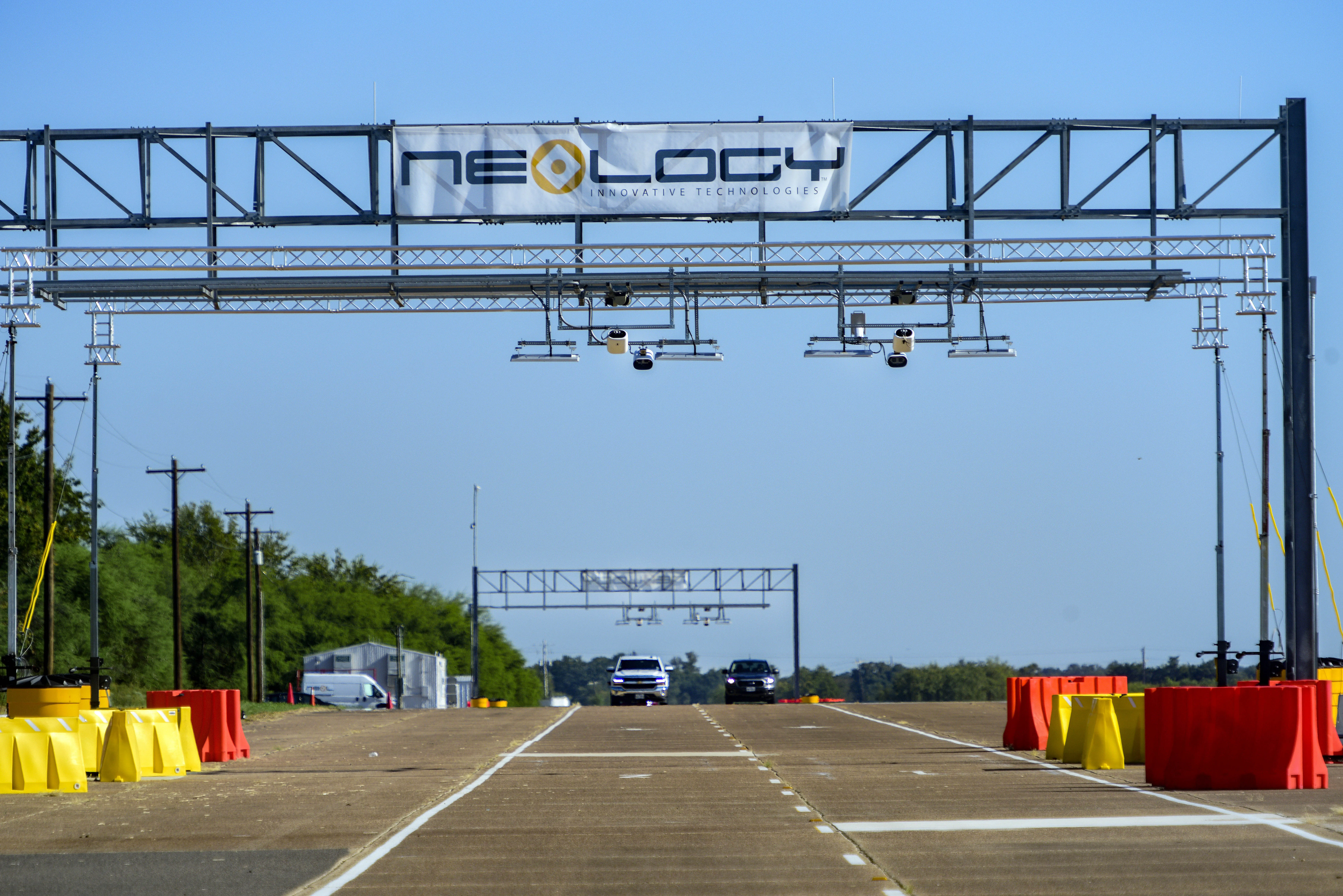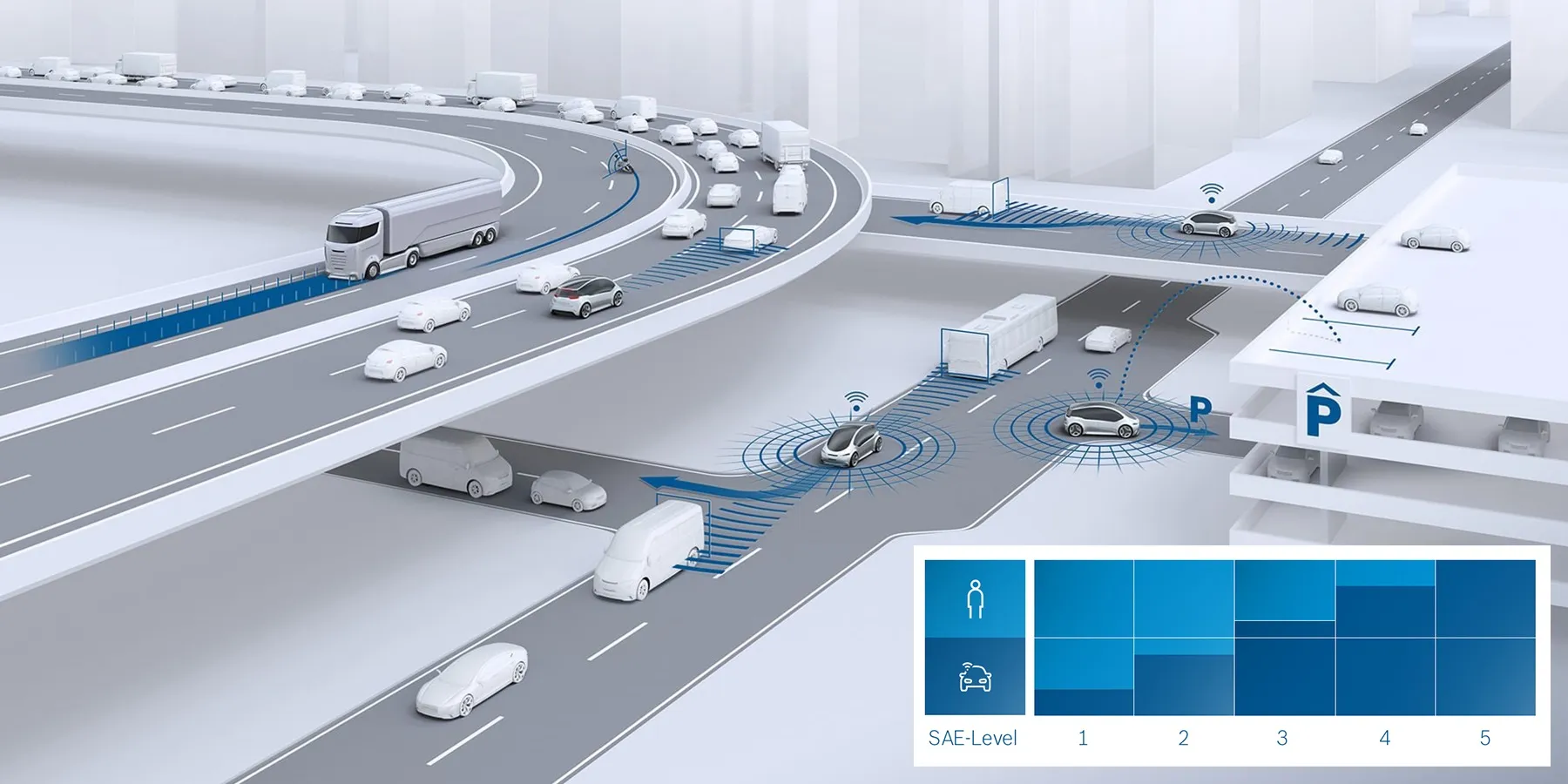The artificial driver model that controls perception and decision making will pilot the vehicle, and will be developed using artificial intelligence technologies. The system will be subjected to testing using a range of facilities including, simulation, hardware in the loop, private test track and small sections of public roads before its full deployment.
HumanDrie is subsidized by the government’s £100m ($142m) intelligent mobility fund, which is administered by the Centre for Connected and Autonomous Vehicles and delivered by Innovate UK. It is also partly funded by industry.
In addition, the study will draw on the expertise from a range of organisations such as Hitachi and Transport Systems Catapult as well as Cranfield University, University of Leeds, Horiba Mira, Atkins, Aimsum, Sbd Automotive and Highways England.
Greg Clark, business and energy secretary, said: “Low carbon and self-driving vehicles are the future and they are going to drive forward a global revolution in mobility. This revolution has the potential to be worth £52bn [$73bn] to our economy by 2035 and the opportunity to be at the forefront of this change is one we cannot afford to miss.
“Through our Industrial Strategy and the Automotive Sector Deal investment in the development of driverless technology we are committed to working with industry to seize these opportunities. Trailblazing projects like the HumanDrive project will play a vital role helping us deliver on that ambition, with UK businesses and research institutions working with partners from around the world on the disruptive technologies and services of the future.”
Nissan to lead human driving style AV project in the UK
Nissan’s European Technical Centre will lead a 30-month Autonomous Vehicle trial on UK country roads, high speed roundabouts, A-Roads and motorways with live traffic and different environmental conditions. Called the HumanDrive project, it will also emulate a natural human driving style with the intention of providing an enhanced experience for its occupants. The artificial driver model that controls perception and decision making will pilot the vehicle, and will be developed using artificial intelligence
February 2, 2018
Read time: 2 mins








